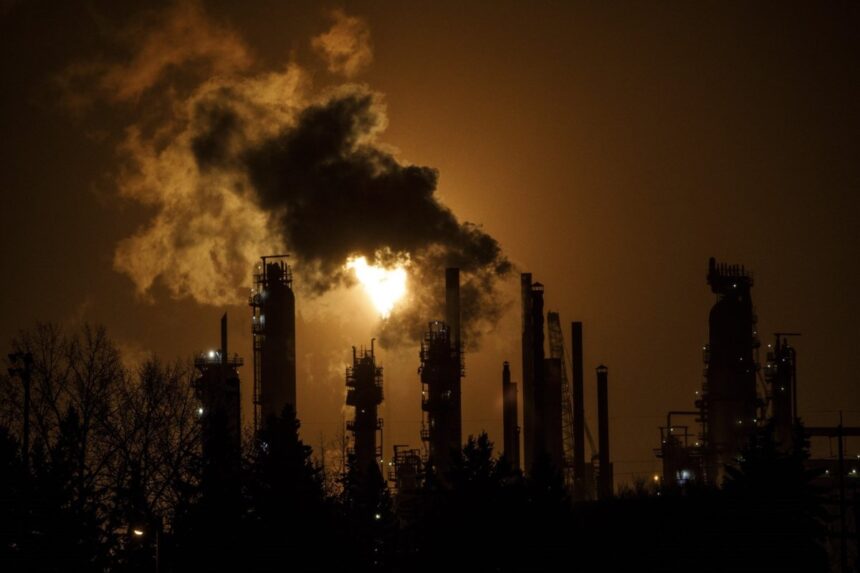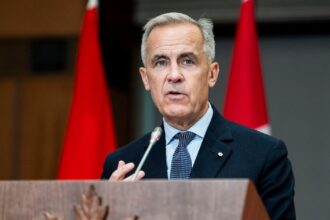A joint commitment to eliminate inefficient fossil fuel subsidies between Canada and Argentina has ground to a halt, as Argentine officials have ceased communication with their Canadian counterparts. This diplomatic silence comes at a critical juncture in global climate action efforts, threatening to undermine international cooperation on reducing environmentally harmful government spending.
The peer review process, initiated in 2018 as part of G20 commitments, was designed to bring transparency to how both nations support their fossil fuel industries. However, Environment and Climate Change Canada confirmed this week that Argentina’s change in government has effectively paused the collaborative effort.
“Following the change in administration in Argentina in December 2023, we have not received further communications regarding the peer review process,” said an Environment and Climate Change Canada spokesperson in a written statement.
The review represented a significant step in meeting commitments both countries made under the Paris Agreement. Canada has pledged to phase out inefficient fossil fuel subsidies by 2023, a deadline that has already passed with limited progress to show for it.
Julia Levin, associate director at Environmental Defence, expressed frustration at the stalled review. “This is another example of Canada dragging its feet on a commitment it made years ago,” Levin said. “Even without Argentina’s participation, Canada could have released its findings unilaterally to demonstrate good faith.”
The process involves each country identifying their own subsidies and having them scrutinized by international experts and the partner country. While preliminary work had been completed, the final report remains unpublished due to the breakdown in communication.
Argentina’s newly elected government under President Javier Milei, who took office in December 2023, has shown markedly different priorities regarding climate policy. Milei, a self-described “anarcho-capitalist,” has expressed skepticism about climate change initiatives and has prioritized economic deregulation over environmental concerns.
The stalled review comes as Canada faces growing criticism for missing its self-imposed 2023 deadline to eliminate these subsidies. A recent analysis from the International Institute for Sustainable Development identified over $8.5 billion in government support for fossil fuels in Canada in 2022-23 alone.
Finance Canada officials maintain that they’ve made significant progress, pointing to the elimination of several tax preferences for fossil fuel corporations over recent years. However, critics argue that new subsidies have emerged under different labels, particularly through programs like carbon capture investments and hydrogen development incentives.
“What we’re seeing is a shell game,” said Keith Stewart, senior energy strategist with Greenpeace Canada. “Subsidies are being renamed as ‘climate investments’ when they’re really just supporting business-as-usual for oil and gas companies.”
The stalled review process raises important questions about international climate diplomacy. Without accountability mechanisms like peer reviews, commitments made at global forums risk becoming empty promises. Canada’s experience demonstrates how changes in government and political priorities can derail even well-established international agreements.
As the world grapples with increasingly severe climate impacts, can nations find ways to ensure that climate commitments transcend political shifts and remain binding obligations regardless of who holds power?










